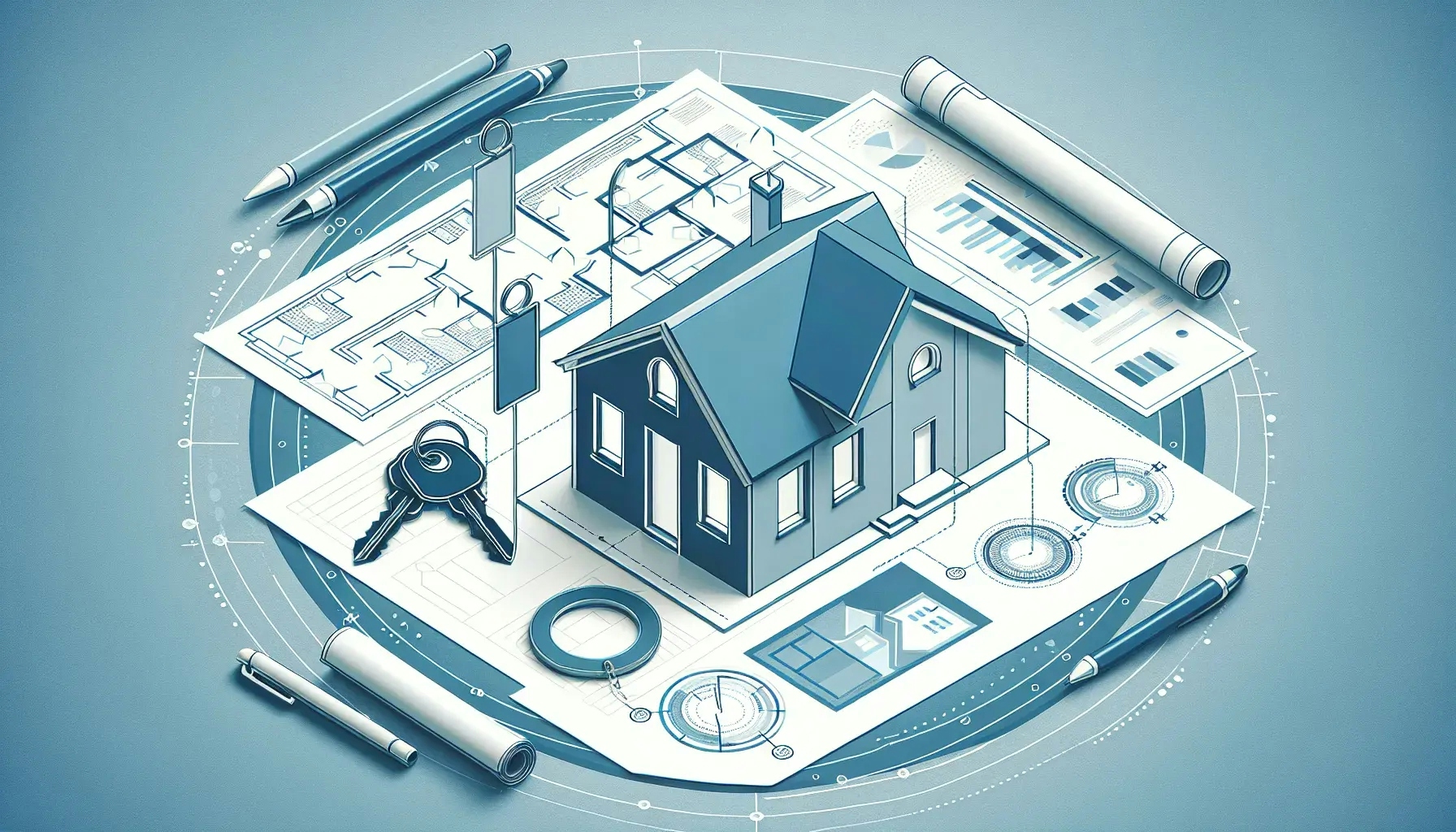Stepping into the world of homeownership is an exciting journey, but it can also be a daunting one for first-time buyers. This blog post aims to guide you through the process, offering essential advice to make your first home-buying experience as smooth as possible.
Understanding Your Financial Position
Before you start looking at properties, it's crucial to understand your financial position. This means knowing how much you can afford to spend on a house and what kind of mortgage you can qualify for.
Start by reviewing your savings. You'll need enough to cover a down payment, closing costs, and additional expenses like moving costs and home repairs. A good rule of thumb is to have at least 20% of the home's purchase price for a down payment, although some loans may allow for less.
Next, look at your income and expenses. Lenders typically want your monthly mortgage payment to be no more than 28% of your gross monthly income. They'll also look at your debt-to-income ratio, which should be below 36%.
Finally, check your credit score. A higher score can help you secure a better interest rate on your mortgage, which can save you thousands over the life of the loan.
Researching the Market
Once you have a clear picture of your financial situation, it's time to start researching the housing market. This involves understanding the types of homes available, their prices, and the neighborhoods they're in.
Begin by identifying the type of home you want. Are you looking for a single-family home, a townhouse, or a condo? Each has its pros and cons, so consider your lifestyle and needs.
Next, research home prices in your desired area. Websites like Zillow and Redfin can give you a sense of what homes are selling for. Keep in mind that prices can vary widely based on factors like location, size, and condition of the home.
Lastly, consider the neighborhood. Look at factors like school districts, crime rates, and proximity to amenities like shops and restaurants. It's also a good idea to visit the neighborhood at different times of day to get a feel for what it's like.
Working with a Real Estate Agent
A real estate agent can be a valuable ally in your home buying journey. They can help you find properties that fit your criteria, negotiate with sellers, and guide you through the closing process.
When choosing an agent, look for someone with a good reputation and a strong track record. Ask for recommendations from friends or family, or read online reviews.
Once you've chosen an agent, communicate your needs and preferences clearly. This will help them find properties that are a good fit for you. Remember, your agent works for you, so don't be afraid to ask questions or voice concerns.
Making an Offer and Closing the Deal
Once you've found a home you love, it's time to make an offer. Your real estate agent can guide you through this process, helping you decide on a fair offer price and negotiating with the seller.
After your offer is accepted, you'll enter the closing process. This involves a home inspection, an appraisal, and securing your mortgage.
The home inspection is a crucial step. It can reveal potential issues with the home that could lead to costly repairs down the line. If the inspection reveals major issues, you may be able to negotiate with the seller to have them fixed or to lower the price.
The appraisal ensures that the home is worth the price you're paying. If the appraisal comes in lower than the purchase price, you may need to renegotiate with the seller or come up with additional funds.
Finally, you'll finalize your mortgage. This involves providing your lender with necessary documentation and signing a lot of paperwork. Be sure to review everything carefully before signing.
Settling into Your New Home
Congratulations, you're now a homeowner! But the journey doesn't end at closing. There are a few more steps to take before you can truly settle into your new home.
First, you'll need to move in. This involves hiring a moving company or recruiting friends and family to help. Be sure to plan your move well in advance to avoid last-minute stress.
Once you're moved in, take some time to familiarize yourself with your new home. Locate the main water shut-off valve, the circuit breaker, and other important features. You should also change the locks for security.
Lastly, introduce yourself to your new neighbors. Building good relationships with your neighbors can make your new house feel more like a home.
Maintaining Your Investment
Owning a home is a big responsibility, and it's important to take care of your investment. This means staying on top of maintenance and making necessary repairs.
Regular maintenance can prevent small issues from becoming big problems. This includes tasks like cleaning the gutters, checking for leaks, and servicing your HVAC system.
When repairs are needed, don't put them off. Ignoring problems can lead to more damage and higher repair costs down the line.
Remember, your home is likely the biggest investment you'll ever make. Taking care of it can help ensure it continues to increase in value over time.
Wrapping Up Your First Home Buying Journey
Buying your first home is a significant milestone, and while the process can seem overwhelming, being prepared can make all the difference. By understanding your financial position, researching the market, working with a real estate agent, making an informed offer, and maintaining your new home, you can navigate the journey with confidence. Here's to the beginning of your homeownership adventure!

